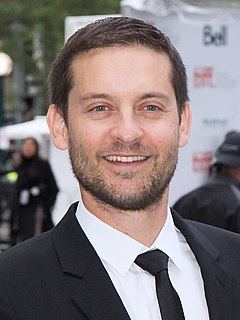A Quote by Lorenzo Snow
There are some who do not learn, and who do not improve as fast as they might, because their eyes and their hearts are not upon God; they do not reflect neither do they have that knowledge which they might have; they miss a good deal which they might receive. We have got to obtain knowledge before we obtain permanent happiness; we have got to be wide awake in the things of God.
Related Quotes
Not Eve, whose fault was only too much love, Which made her give this present to her dear, That what she tasted he likewise might prove, Whereby his knowledge might become more clear; He never sought her weakness to reprove With those sharp words which he of God did hear; Yet men will boast of knowledge, which he took From Eve's fair hand, as from a learned book.
The ultimate goal of theology isn't knowledge, but worship. If our learning and knowledge of God do not lead to the joyful praise of God, we have failed. We learn only that we might laud, which is to say that theology without doxology is idolatry. The only theology worth studying is a theology that can be sung!
Those who dream by day are cognizant of many things which escape those who dream only by night. In their gray visions they obtain glimpses of eternity, and thrill, in waking, to find that they have been upon the verge of the great secret. In snatches, they learn something of the wisdom which is of good, and more of the mere knowledge which is of evil.
We came to this earth that we might have a body and present it pure before God in the celestial kingdom. The great principle of happiness consists in having a body. The devil has no body, and herein is his punishment. He is pleased when he can obtain the tabernacle of man. . . . All beings who have bodies have power over those who have not.
The motive is this, 'Oh! that God could be glorified, that Jesus might see the reward of his sufferings! Oh! that sinners might be saved, so that God might have new tongues to praise him, new hearts to love him! Oh! that sin were put an end to, that the holiness, righteousness, mercy, and power of God might be magnifi ed!' This is the way to pray; when thy prayers seek God's glory, it is God's glory to answer thy prayers.
Men look on knowledge which they learn--or might learn--from others as they do on the most beautiful structures which are not their own: in outward objects, they would rather behold their own hogsty than their neighbor's palace; and in mental ones, would prefer one grain of knowledge gained by their own observation to all the wisdom of a thousand Solomons.
It started becoming clear to me how one might have views about the nature of mind and of knowledge which are empirically informed. This way of thinking about philosophical theorizing makes sense of how philosophy might be a legitimate intellectual activity, in a way that a good deal of the armchair philosophy, I believe, cannot.
































